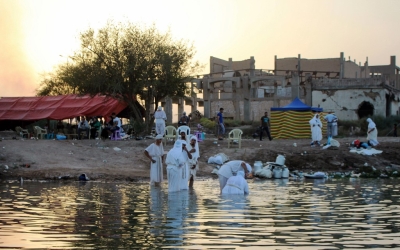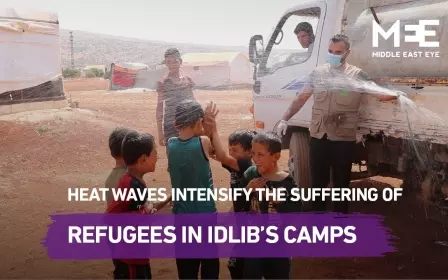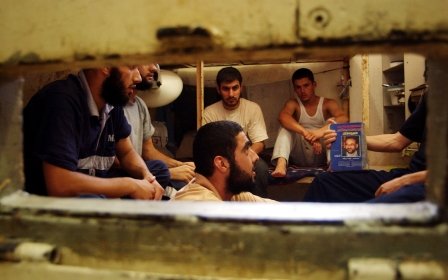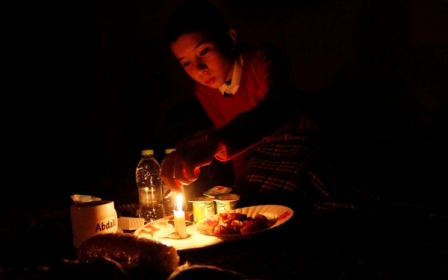Middle East heatwave: Temperatures top 50C in several countries
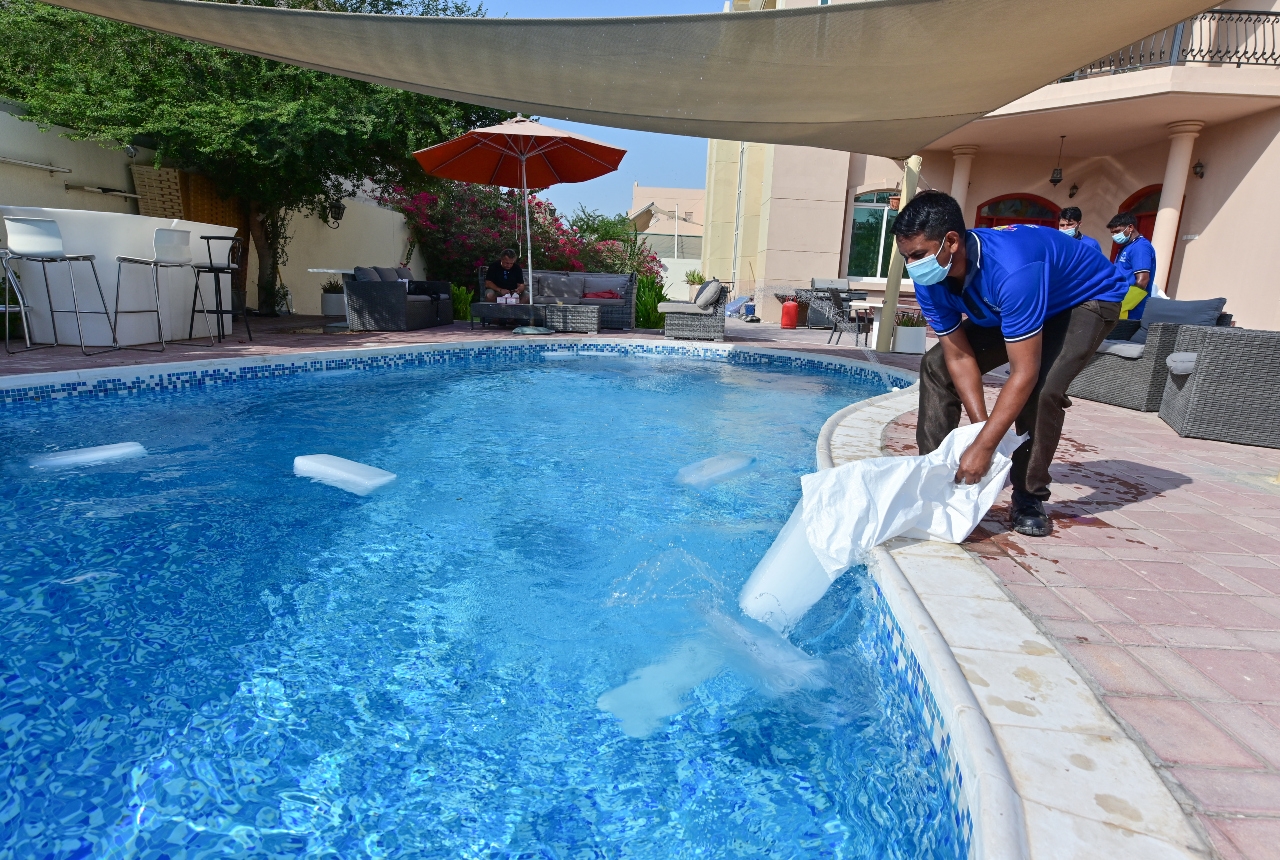
Four countries in the Middle East saw temperatures surpass 50C at the weekend amid a continuing pattern of record-breaking heat for the time of year.
Oman, Iran, Kuwait and the United Arab Emirates (UAE) all saw temperatures which matched or challenged national records, as temperatures reached several degrees above normal.
On Saturday, temperatures hit 51C in Sweihan, a small town around 80km east of Abu Dhabi in the UAE. Omidieh in southwestern Iran also climbed to 51C, while Jahra, in Kuwait, managed 50.88C, the Washington Post reported.
Sunaynah, an inland desert town in northern Oman, recorded a temperature of 50.11C.
Temperatures rising close to or above 49C can melt crayons, warp railway tracks, soften asphalt and extend the takeoff distance of aeroplanes, the US newspaper noted.
On Sunday, Sweihan recorded an even higher temperature, at 51.77C, marking the hottest June temperature ever seen in the UAE and tying the Gulf nation’s record.
Such extreme heat has already been documented as significantly increasing in frequency in the Middle East and North Africa region.
Last year, a study published in Science Advances, suggested that parts of the Middle East, particularly the Gulf, might become uninhabitable for humans if current trends continue.
Last week, findings published in Nature Climate Change, found that more than a third of summer heat-related fatalities were due to climate change, warning of even higher death tolls as global temperatures climb.
Kuwait was among half-a-dozen countries in the report where it was found that the percentage of heat-related deaths caused by climate change was 60 percent or more.
Middle East Eye delivers independent and unrivalled coverage and analysis of the Middle East, North Africa and beyond. To learn more about republishing this content and the associated fees, please fill out this form. More about MEE can be found here.


